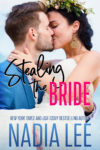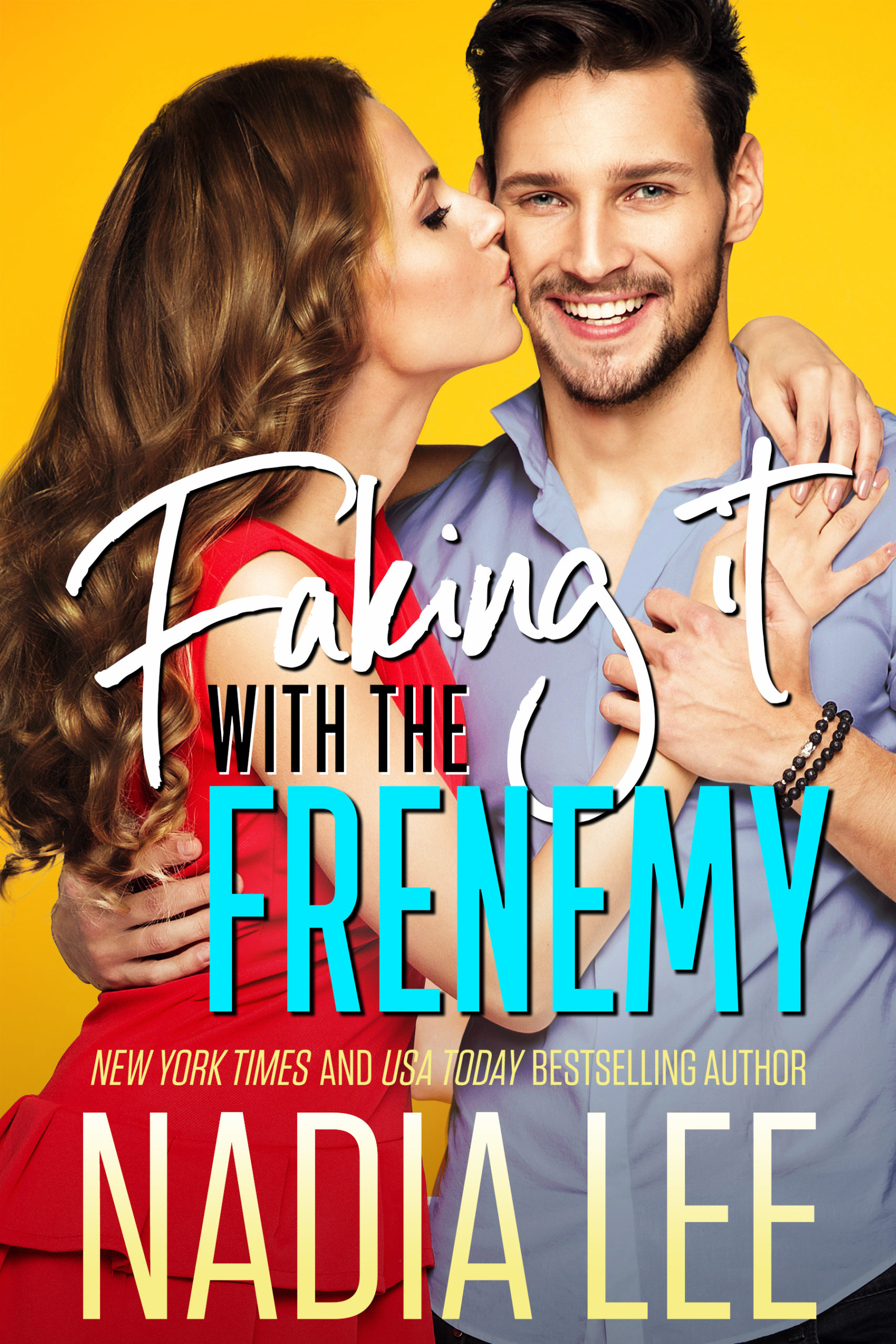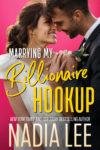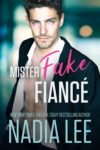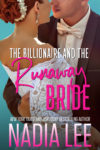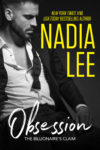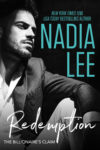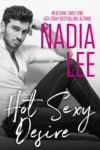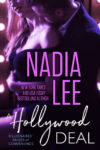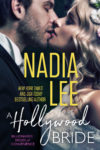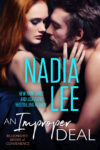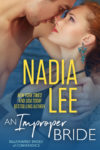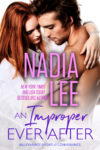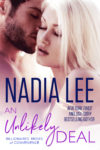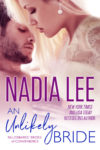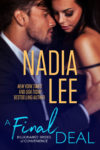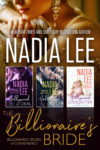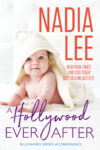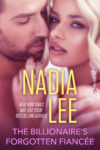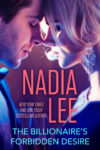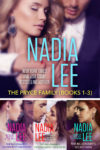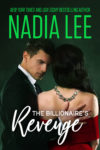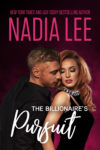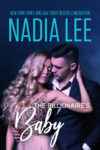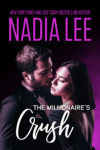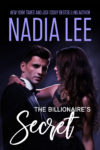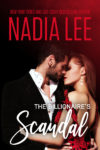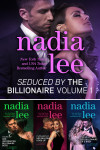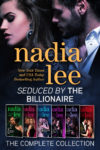5
| Dec 2008 |
These are some of my favorite quotations on writing. If you have any to add, feel free! :)
“A room without books is like a body without a soul.” — Marcus T. Cicero
“The critic has to educate the public; the artist has to educate the critic.” — Oscar Wilde
“The books that the world calls immoral are the books that show the world its own shame.” — Oscar Wilde
“Society often forgives the criminal; it never forgives the dreamer.” — Oscar Wilde
“Grammar, which can govern even Kings.” — Moliere
“I always write a good first line, but I have trouble writing the others.” — Moliere
“Writing is like prostitution. First you do it for love, and then for a few close friends, and then for money.” — Moliere
“Read, read, read. Read everything — trash, classics, good and bad, and see how they do it. Just like a carpenter who works as an apprentice and studies the master. Read! You’ll absorb it. Then write. If it is good, you’ll find out. If it’s not, throw it out the window.” — William Faulker
“No tears in the writer, no tears in the reader.” — Robert Frost
“The best of a book is not the thought which it contains, but the thought which it suggests; just as the charm of music dwells not in the tones but in the echoes of our hearts.” — Oliver Wendell Holmes
“Who kills a man kills a reasonable creature, God’s image, but thee who destroys a good book kills reason itself.” — John Milton
“Asking a writer what he thinks about criticism is like asking a lamppost what it feels about dogs.” — John Osborne
“I hate to be a nag, but you have got to read. Like most authors, I run creative writing workshops from time to time, and speak, when invited to writers’ circles and at summer schools, and I’m continually amazed at the number of would-be writers who scarcely read. For ideas to germinate and proliferate there has to be fertile ground to sow them in, and for the ground to be fertile it must be mulched with observation, imagination, and other writing.” — Sarah Harrison
“Our greatest weakness lies in giving up. The most certain way to succeed is always to try just one more time.” — Thomas Edison
“The test of any good fiction is that you should care something for the characters; the good to succeed, the bad to fail. The trouble with most fiction is that you want them all to land in hell, together, as quickly as possible.” — Mark Twain
“You must keep sending your work out; you must never let a manuscript do nothing but eat its head off in a drawer. You send that work out again and again, while you're working on another one. If you have talent, you will receive some measure of success — but only if you persist.” — Isaac Asimov
“If my doctor told me I had only six minutes to live, I wouldn't brood. I'd type a little faster.” — Isaac Asimov
“Great editors do not discover nor produce great authors; great authors create and produce great publishers.” — John Farrar
“The only impeccable writers are those who never wrote.” — William Hazlitt
“There is no such thing as a moral or an immoral book. Books are well written or badly written.” — Oscar Wilde
“I was working on the proof of one of my poems all the morning, and took out a comma. In the afternoon I put it back again.” — Oscar Wilde
“Better to write for yourself and have no public, than to write for the public and have no self.” — Cyril Connolly
“Many books require no thought from those who read them, and for a very simple reason; they made no such demand upon those who wrote them.” — Charles Caleb Colton
“The skill of writing is to create a context in which other people can think.” — Edwin Schlossberg
“Write something to suit yourself and many people will like it; write something to suit everybody and scarcely anyone will care for it.” — Jesse Stuart
“The way you define yourself as a writer is that you write every time you have a free minute. If you didn't behave that way you would never do anything.” — John Irving
“Inspiration is wonderful when it happens, but the writer must develop an approach for the rest of the time… The wait is simply too long.” — Leonard Bernstein
“Writing is easy. All you do is stare at a blank sheet of paper until drops of blood form on your forehead.” — Gene Fowler
“Say all you have to say in the fewest possible words, or your reader will be sure to skip them; and in the plainest possible words or he will certainly misunderstand them.” — John Ruskin
“About the most originality that any writer can hope to achieve honestly is to steal with good judgment.” — Josh Billings

 As you know,
As you know, 